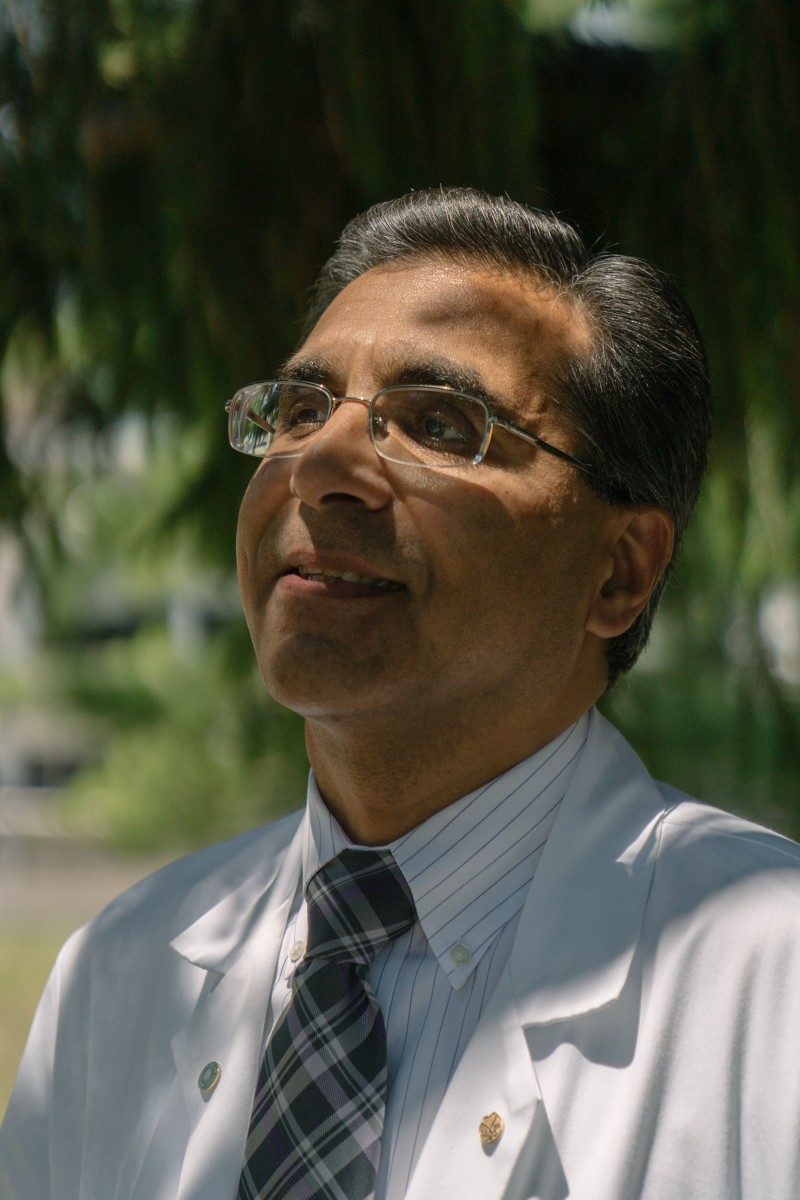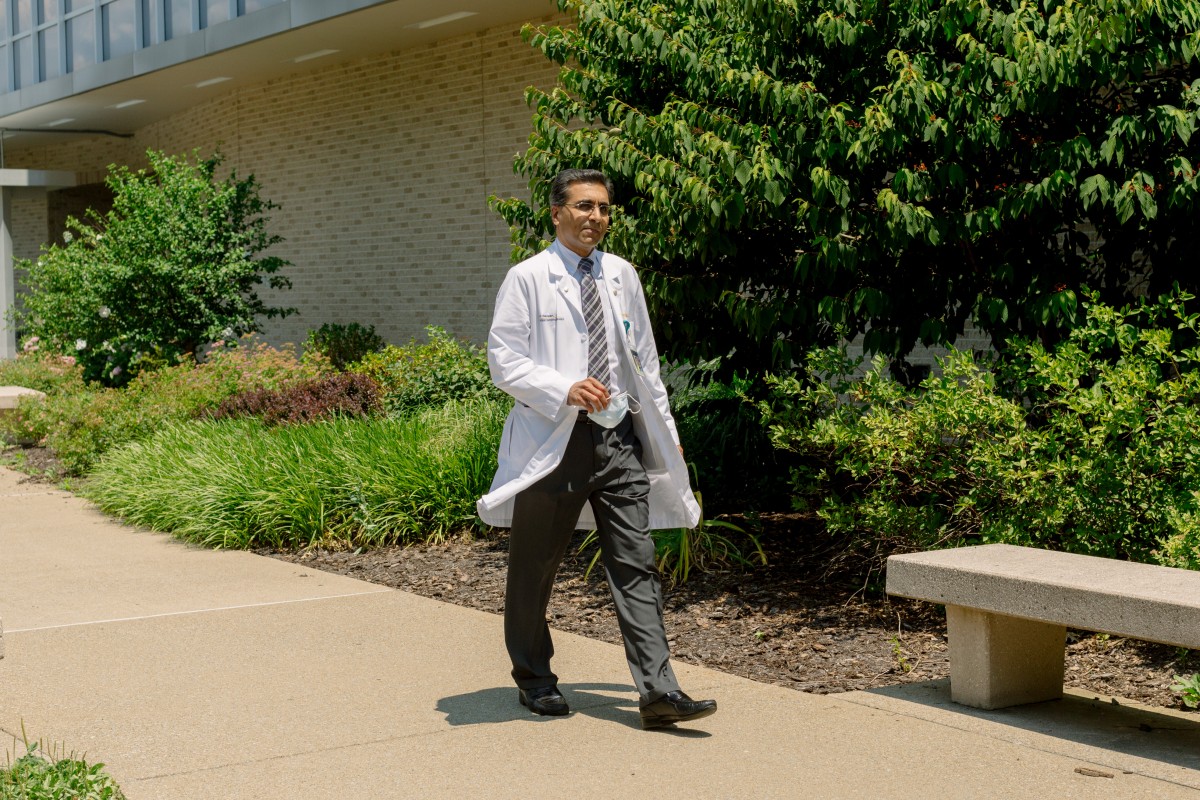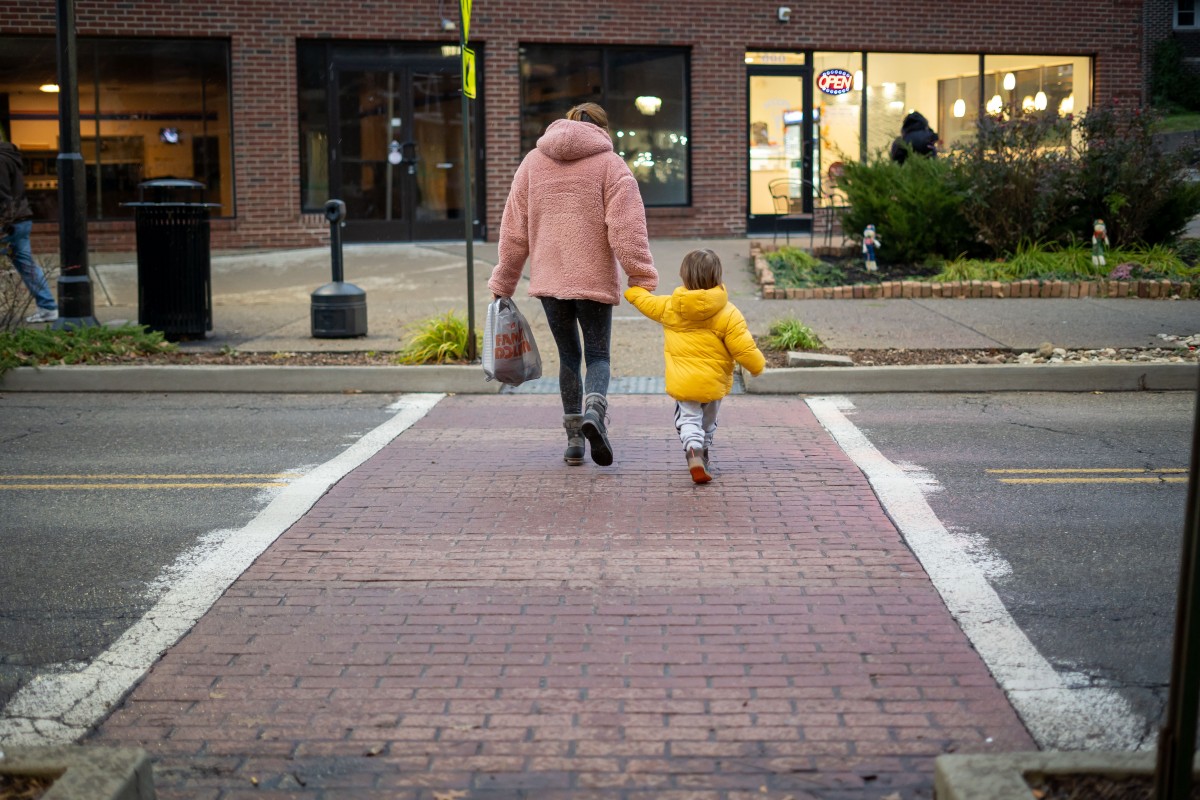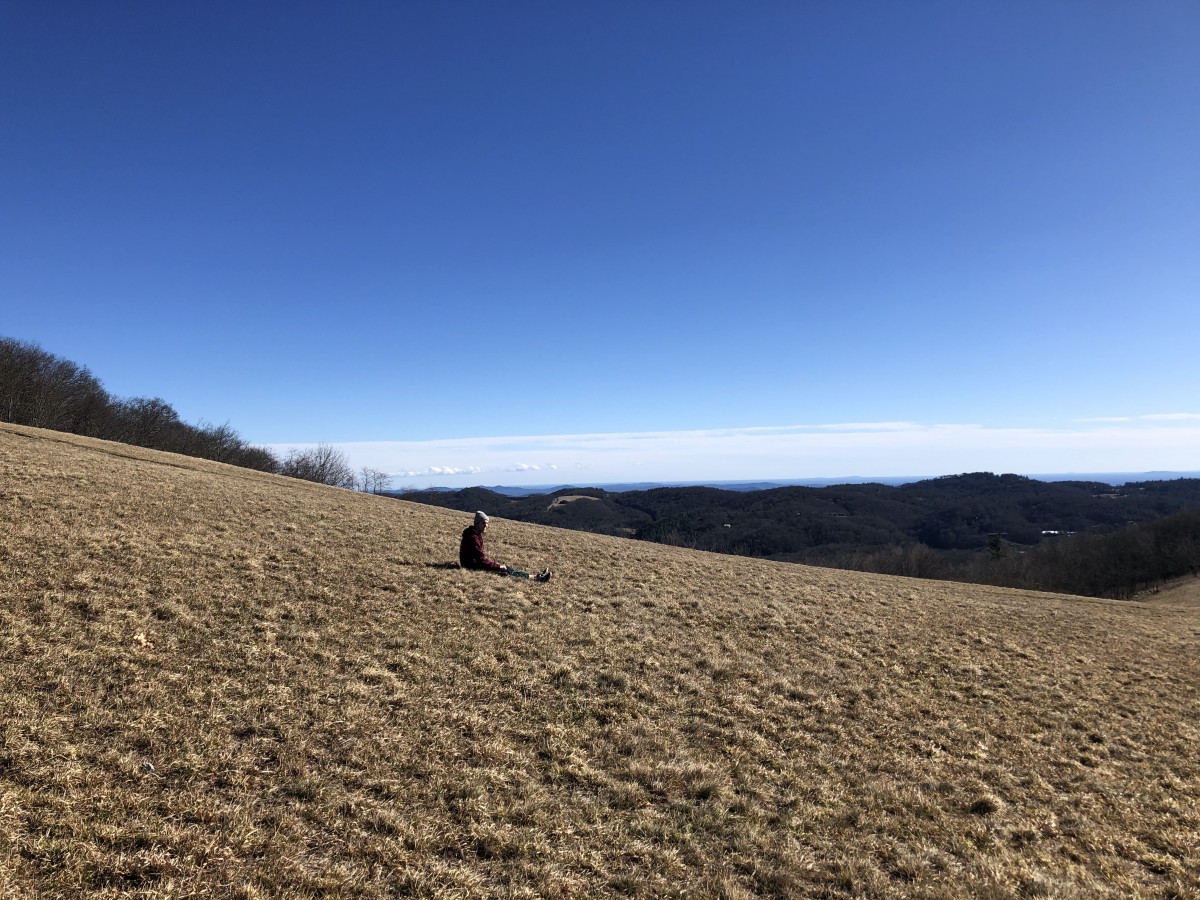Nearly half of adult Americans say they or someone in their household has postponed some type of medical care since the start of the coronavirus pandemic in the U.S., according to a study from the Kaiser Family Foundation.
Fear of exposure to the virus in a hospital or doctor’s office is likely a primary reason for many of those postponements. A pause in elective surgeries and other procedures mandated by most state governors over the past several months is another.
While many of those procedures may not have been deemed immediately necessary by health-care providers in the midst of a global pandemic, medical professionals say those delays potentially have long-term ramifications, both for the health of the patients and that of the hospital systems that care for them.
When Elective Becomes Necessary
Arif Sarwari is an associate professor of infectious diseases and chair of the Department of Medicine at West Virginia University. He sees patients at Ruby Memorial Hospital, owned and operated by the university in Morgantown, West Virginia.

Sawari recently had a patient who was diabetic and had developed a foot infection. The man delayed seeking treatment, his infection worsened and his foot had to be amputated.
Sarwari believes that, much like this patient, a significant number of people are ignoring their ongoing health issues out of fear of being exposed to the virus within the hospital. He recently co-authored an op/ed reporting that visits to the emergency departments in WVU system hospitals dropped by half in early April and inpatient stays fell by nearly two-thirds. His particular concern is for patients who ordinarily present on a regular basis but are now staying home.
Among those for whom he’s most concerned are patients with acute chest pain and those with diabetes who are experiencing complications. But delays in care are being reported across the country in disparate areas of health care: reproductive health, among them.
The Kaiser Family Foundation reports notable declines in patient encounters with reproductive health-care professionals since March of this year, including for preventive health services and screenings for sexually transmitted infections. “While many of these conditions are not life-threatening,” the report states, “they can result in significant morbidity and poor quality of life if delayed.”
Centers for Disease Control and Prevention data shows a considerable decline in vaccinations for children of all ages, potentially leaving young children and communities vulnerable going forward to vaccine-preventable diseases such as measles.
Sarwari emphasizes that there’s no clear distinction between “essential” and “nonessential” procedures. That judgment may well be different in regions experiencing a high volume of COVID-19 cases than in those with relatively few. But, using his diabetic patient as an example, he stresses that there’s often a “window of opportunity” that must be taken advantage of before a condition escalates.
“If you present early enough, you may get better with antibiotics,” Sarwari said, “you may not lose your foot.”
As he and his co-author wrote in their op/ed: “If you feel you need to see your doctor, go. If you feel you need to go to the emergency department, call 911. It’s better than the pain and costs that can come with delay.”
Already Tottering
According to the Kaiser Family Foundation survey, almost everyone who reports having delayed medical care due to the virus says they will eventually get the care, with two thirds indicating they hope to get it within the next three months.
But when those patients are ready to return to their providers, it may not be so easy. With a dramatic decline in the volume of a range of elective procedures that help hospitals remain solvent, many across the country are struggling financially to keep their doors open. This is especially true for rural hospitals, a great many of which were already reeling.
Rural hospitals, said Randy Wykoff, dean of East Tennessee State University’s College of Public Health, have been hit with a “one-two punch”: the opioid epidemic, then COVID-19.
“A lot of systems, especially in rural areas, are operating on pretty narrow margins,” Wykoff said. “Anything that decreases demand, increases cost or decreases revenue has a long-term impact.”
The closure or downsizing of a hospital has a ripple effect throughout a small community, Wykoff noted, as can the loss of income for local health-care providers. He cites a Health Affairs report that estimates that the average primary-care practice is projected to lose $67,774 per full-time physician in 2020 as a result of COVID-19.
“Multiply that by the number of providers in rural areas,” Wykoff said. “That’s a pretty serious impact.”
The drop in procedures that has led to declines in hospital revenues has also resulted in layoffs and furloughs for health-care professionals. This means many of the hospitals that do survive will be ill-prepared to meet the backlog of procedures.
Variable Risks
Wykoff cautions that the decision to schedule an elective procedure should be based on a number of variables. With COVID-19 cases and hospitalizations now spiking in regions throughout the country, where you live is a critical consideration. It’s also important, he said, to weigh your risk factors and those of your family members.
Arif Sarwari agrees; risks vary considerably. Texas Gov. Greg Abbott recently announced that elective procedures were once again being paused in eight counties where COVID-19 numbers are spiking to both keep beds available in hospitals for patients who require treatment and reduce the risk of exposure while undergoing a procedure. In Houston, where hospitalizations have likewise climbed dramatically, hospitals are performing as many procedures as they safely can, particularly those that don’t require an overnight stay.

But the situation at Ruby Memorial, where Sarwari practices, is much different. Despite a recent spike in the city connected largely to WVU students beginning to return to town, the number of COVID-19 cases remains relatively low; the hospital has plenty of available beds. If the numbers should begin to climb, they’ll respond accordingly.
Still, Sarwari recognizes that many will remain skeptical about their safety within Ruby.
“At the beginning of the epidemic, I completely understood that concern,” he said. “We did not have enough information; I shared the same concern.” But now, four months in, “there is a disconnect between the fear and the actual information.”
Hospitals like Ruby, Sarwari said, are “probably the place where you are least likely to get COVID-19. We understand the virus better and all the precautions have been put in place.”
Everyone must wear a mask, the check-in procedure mandates six-foot spacing, the chairs in waiting rooms are spaced apart. Data hospital staff gathered, he said, indicated that “the prevalence of positivity within the health-care workforce was way lower than the prevalence of positivity in the community.”
His task now, he said, is to share that data, convincing people that they should not be afraid to come to Ruby for care.
The images for this story were made by Chris Jones, a Report for America corps member for 100 Days in Appalachia. Click here to help support his visual and investigative reporting through the Ground Truth Project.



